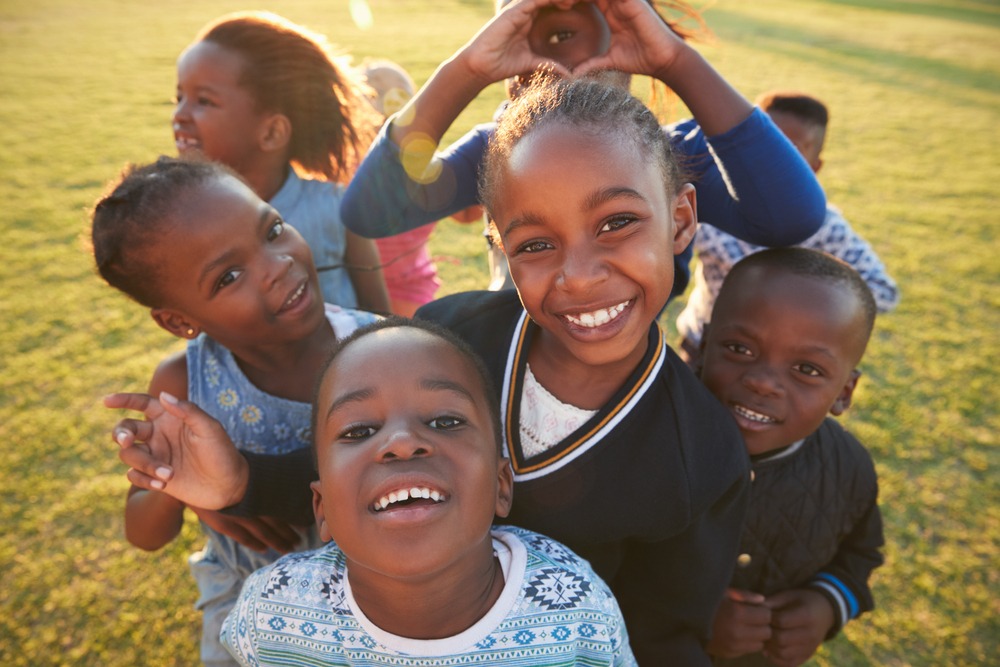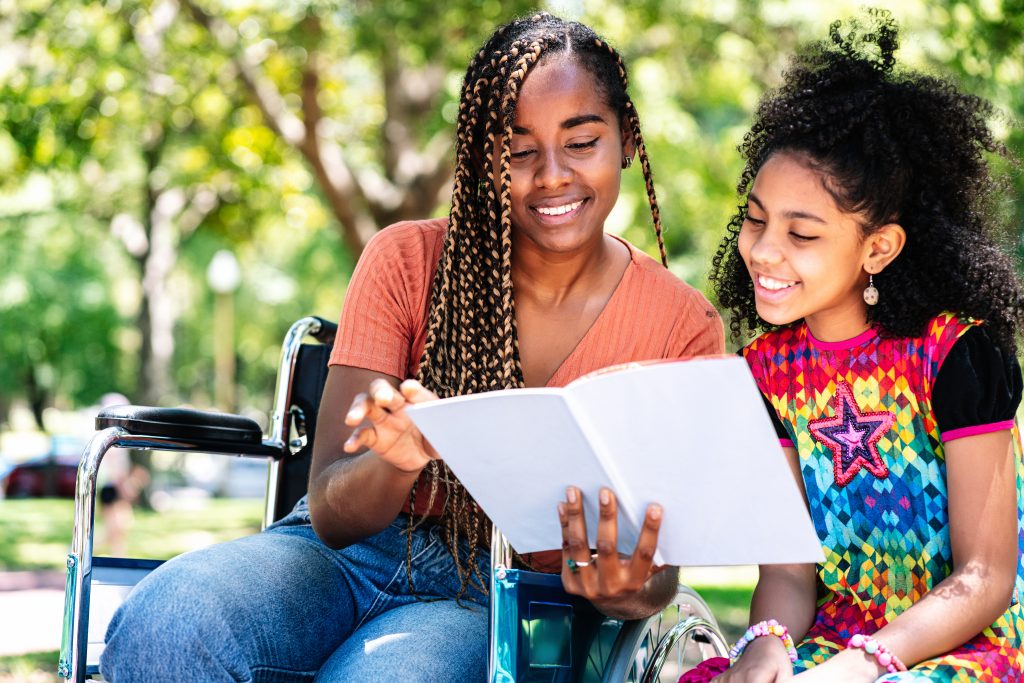The term Peer group simply means a group or association of people who share certain social characteristics such as age, class, occupation or education and interact on a level of equality.
Peer group plays a vital role in the development of a child because it provides opportunities for getting familiar with the social norms and context in which their capacities for self-control may be tested and refined. It can have a negative or a positive effect on the development or shaping of a child depending on the group a child finds him/herself in. As the saying goes, ‘Show me your friend and I will tell you who you are.
According to the New York university child study Centre, Childhood friendship is vital for healthy development. Peer interaction and friendships in childhood promote overall well-being and development in the specific learning domain. Developments such as;
Emotional Development
Interactions with peers allow children to bond and experience different emotions such as acceptance and joy. Peer familiarity and companionship promote self-esteem and coping skills which are vital to the healthy, overall development as kids grow. Even playground disputes and tiffs over toys teach children how to manage and express feelings of frustration and anger in different ways.
Social Development
Peer interactions also foster communication skills which are necessary for social development. By interacting with children their age, kids learn to work cooperatively, collaborate with people, and relate to others. Peer interactions between peers promote a child’s sense of self by encouraging him to think of himself about others.
Cognitive Development
Peers impact a child’s cognitive development in many diverse ways. Children who interact with each other through different learning and recreational activities are encouraged to develop creative, problem-solving skills. Encourage children to join different extracurricular activities and clubs to diversify experiences and encounters with friends.
Physical Development
When young children gather outside to play, their physical activities promote healthy, fit and strong bodies. Active games of tag, hopscotch, and hide and seek to encourage the development of gross motor skills, agility and reflex.
In Conclusion, Peer group relationships have a long-term effect on a child’s mental health and adjustment. Therefore, children with good peer relations are mentally healthy and adapt well. Whereas, children who do not have good peer relations are more prone to problems such as; anxiety, depression and feeling of loneliness. It is, however, paramount for a parent to be interested in its ward’s peer group in other for early intervention if necessary.








